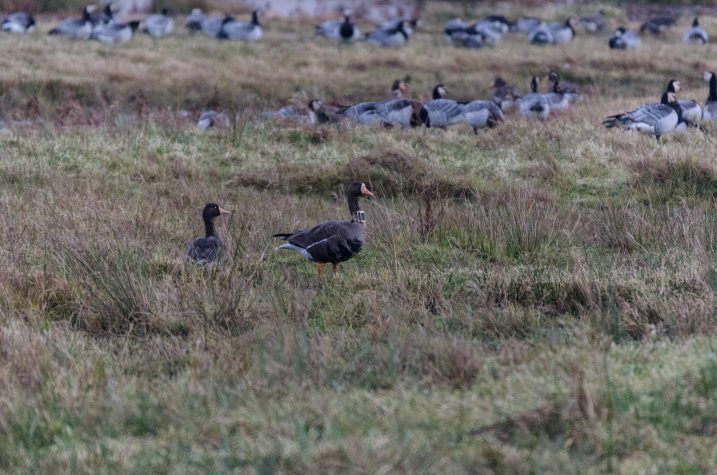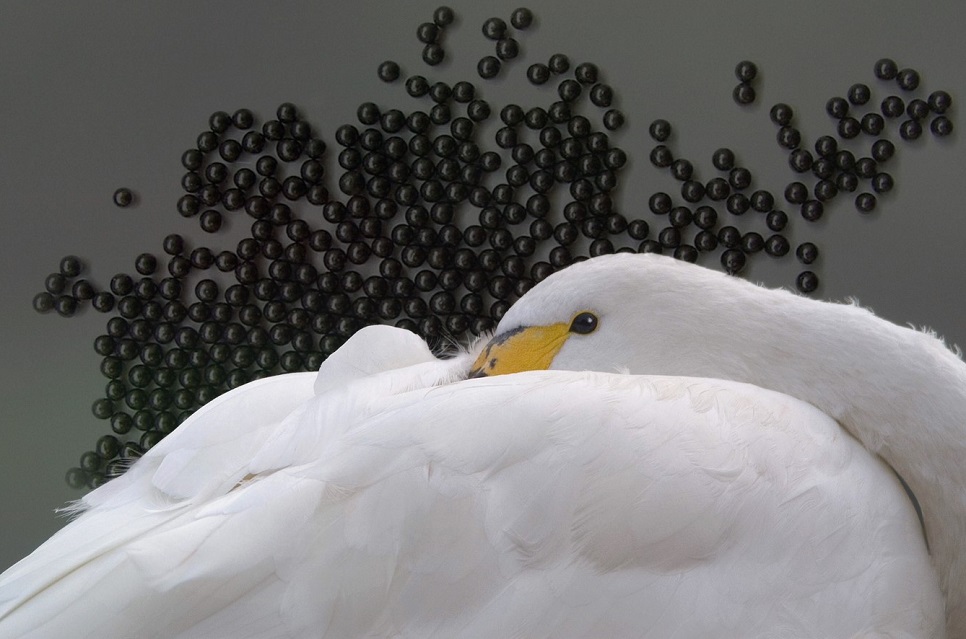Lottery cash bids to solve mystery of goose decline
An endangered goose is the latest wetland bird to benefit from funds raised by players of the People’s Postcode Lottery for the Wildfowl & Wetlands Trust (WWT).

An endangered goose is the latest wetland bird to benefit from funds raised by players of the People’s Postcode Lottery for the Wildfowl & Wetlands Trust (WWT).
Numbers of the Greenland white-fronted goose have fallen by 50 per cent over the last 17 years, from around 36,000 in 1999 to 18,000 today, and nobody knows why. Now a share of the £225,000 boost gifted to the WWT via the support of players of the People’s Postcode Lottery, is going towards research to investigate this decline.
PhD student Ed Burrell, who works in the Conservation Science department at WWT Slimbridge, says:
We’re trying to find out what’s behind this fall in numbers as, for a long-lived bird, that’s an incredibly rapid decline. It might, for example, be that the habitat is changing or that there’s competition from other species. This is also in stark contrast to the fortunes of most other UK goose species, so I’ll be working on this project for the next four years with the aim of trying to find out what’s happening.
Ed has just returned from a two-week recce in Iceland, which is an important staging post on the birds’ migration from Greenland to the UK and Ireland. The geese nest in Greenland, then start their migration. En route, they spend one month in Iceland refuelling before continuing to overwinter in the British Isles. Half the population stay in Ireland, while most of the remainder stay in the North and West of Scotland, with the Hebridean island of Islay being a key site.
He adds:
Our next task is to start catching and tagging the geese with neck collars and gps tags so that we can collect data about their survival and productivity. It’s an ongoing project so we’re very grateful to the players of the People’s Postcode Lottery who, through their continuing support, are helping us to carry on vital research into the issues facing these birds.

